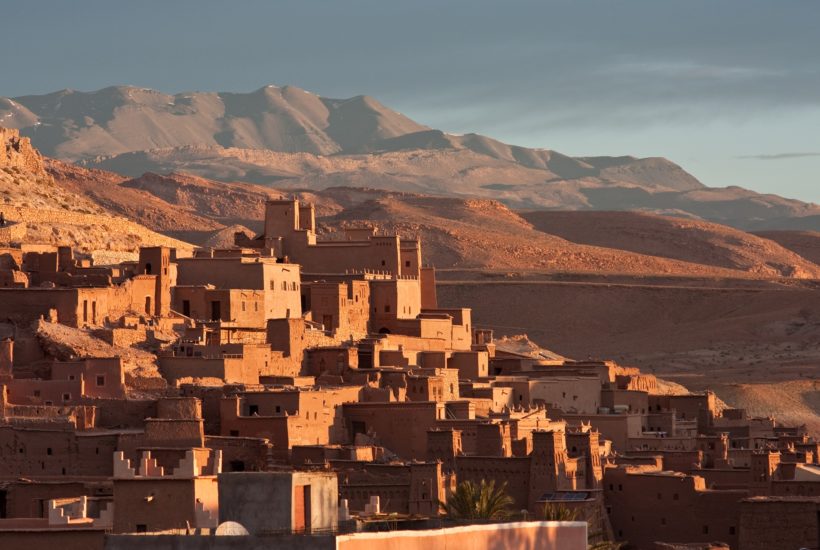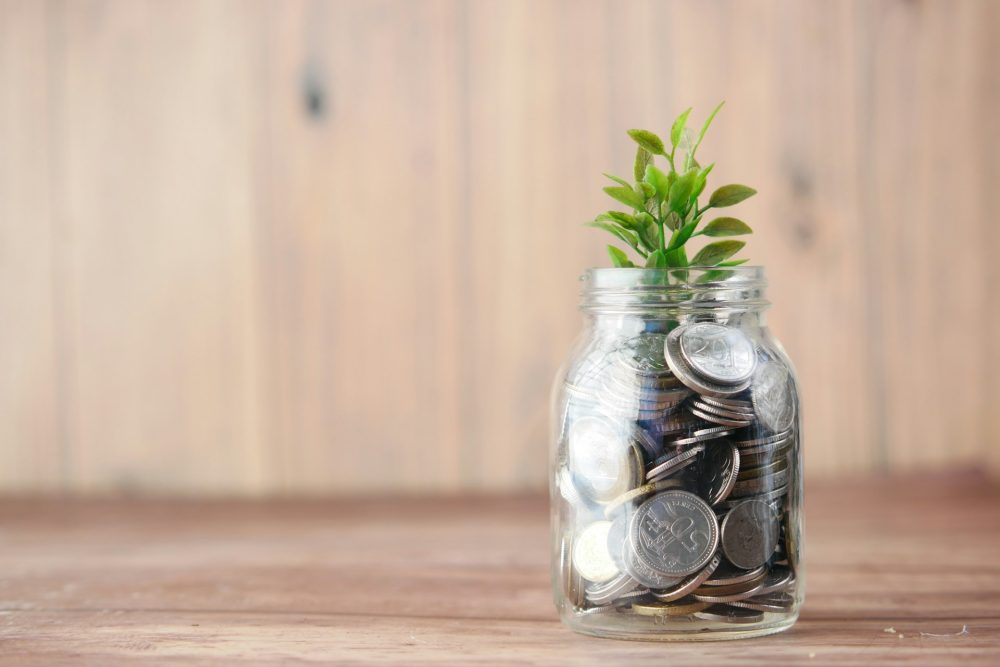Africa
Africa is demanding debt relief to deal with COVID-19
The heads of state of many African countries ask for a postponement, if not a total cancelation, of the debts contracted with international institutions, foreign states and private companies. The economic growth rates of many African states, before COVID-19, were among the highest in the world. China has a growing share of the debt of many African countries.

While Europe has long been discussing Corona Bond and EU financial mechanisms to address the pandemic’s economic and health challenges, COVID-19 continues to spread across the globe. The official figures speak, at the moment, of 45,000 cases and 1,800 deaths throughout the African continent, with cases recorded mainly in Morocco, South Africa, Algeria, and Egypt. However, the fear is that the infected (and the victims) may be much greater, due to the inability of the fragile health systems of many countries to take account of infections and deaths.
The positive fact is that Africa is the continent with the lowest average age of the entire planet. The negative fact is that in countries in debt and characterized by the absence of health systems able to stem the extent of the disease, the price of the pandemic could be very high. An alarm that has led the heads of state of many African countries to ask for a postponement, if not a total cancelation, of the debts, contracted with international institutions, foreign states, and private companies.
Discover how the coronavirus pandemic has deeply affected the economies of African countries and read the latest economic news with the Born2Invest mobile app.
The burden of debt and the price of the economic slowdown
The objective of tackling the enormous amount of public debt of African countries is transversal. It involves, as El Pais reported, especially leading figures such as Abiy Ahmed, Nobel Prize for the Economy in 2019, but also the Senegalese Head of State Macky Sall, or the President of the South African Union Cyril Ramaphosa.
However, as the Spanish newspaper wrote, the position is widely spread in all the countries of the continent. If some international bodies (IMF and World Bank) have talked about reduction and postponements for 2020, many states are beginning to talk openly about the “cancelation” of debt as the only way to cope with the pandemic and keep the economy of the continent alive.
The economic growth rates of many African states, before COVID-19, were among the highest in the world, despite the enormous burden of public debt that many states are facing. Interest on the debts incurred often varies from 15% to 30% of these countries’ public budgets. The figure constitutes a heavy burden capable of blocking their growth when facing a devastating pandemic in the context of a severe global recession.
An appeal, that of the African states, also taken up by the French President Emanuel Macron who, in a speech to the nation a few days ago, spoke of massive cancelation of debt to African countries, forgetting, however, to move from words to deeds.
However, the point is also to broaden this reasoning from the former colonial powers to the new hegemonic state on the Continent: China. The Asian country has a growing share of the debt of many African countries and Africa is an integral part of its hegemonic project. Many African countries in fact have been forced in recent years to finance themselves thanks to the intervention of states or private actors, often at the price of serious speculation.
According to the economist and Africanist Ainhoa Marín, the sum of public development aid funds for African countries has never exceeded those allocated in the year 2000, those of twenty years ago. Twenty years in which we have witnessed the birth of old and new sovereignists and slogans like “Let’s help them at home.”
__
(Featured image by sosinda via Pixabay)
DISCLAIMER: This article was written by a third party contributor and does not reflect the opinion of Born2Invest, its management, staff or its associates. Please review our disclaimer for more information.
This article may include forward-looking statements. These forward-looking statements generally are identified by the words “believe,” “project,” “estimate,” “become,” “plan,” “will,” and similar expressions. These forward-looking statements involve known and unknown risks as well as uncertainties, including those discussed in the following cautionary statements and elsewhere in this article and on this site. Although the Company may believe that its expectations are based on reasonable assumptions, the actual results that the Company may achieve may differ materially from any forward-looking statements, which reflect the opinions of the management of the Company only as of the date hereof. Additionally, please make sure to read these important disclosures.
First published in GiornaleTtismo, a third-party contributor translated and adapted the article from the original. In case of discrepancy, the original will prevail.
Although we made reasonable efforts to provide accurate translations, some parts may be incorrect. Born2Invest assumes no responsibility for errors, omissions or ambiguities in the translations provided on this website. Any person or entity relying on translated content does so at their own risk. Born2Invest is not responsible for losses caused by such reliance on the accuracy or reliability of translated information. If you wish to report an error or inaccuracy in the translation, we encourage you to contact us.

-

 Cannabis3 days ago
Cannabis3 days agoGermany Moves to Tighten Medical Cannabis Rules Amid Surge in Private Use
-

 Business1 week ago
Business1 week agoWhy the iGaming Industry Offers Some of the Best ROI for Affiliate Marketers
-

 Impact Investing10 hours ago
Impact Investing10 hours agoSustainable Finance Faces Hurdles as Green Asset Ratio Reforms Fall Short of Full Transparency
-

 Africa1 week ago
Africa1 week agoBLS Secures 500 Million Dirhams to Drive Morocco’s Next-Gen Logistics Expansion
























